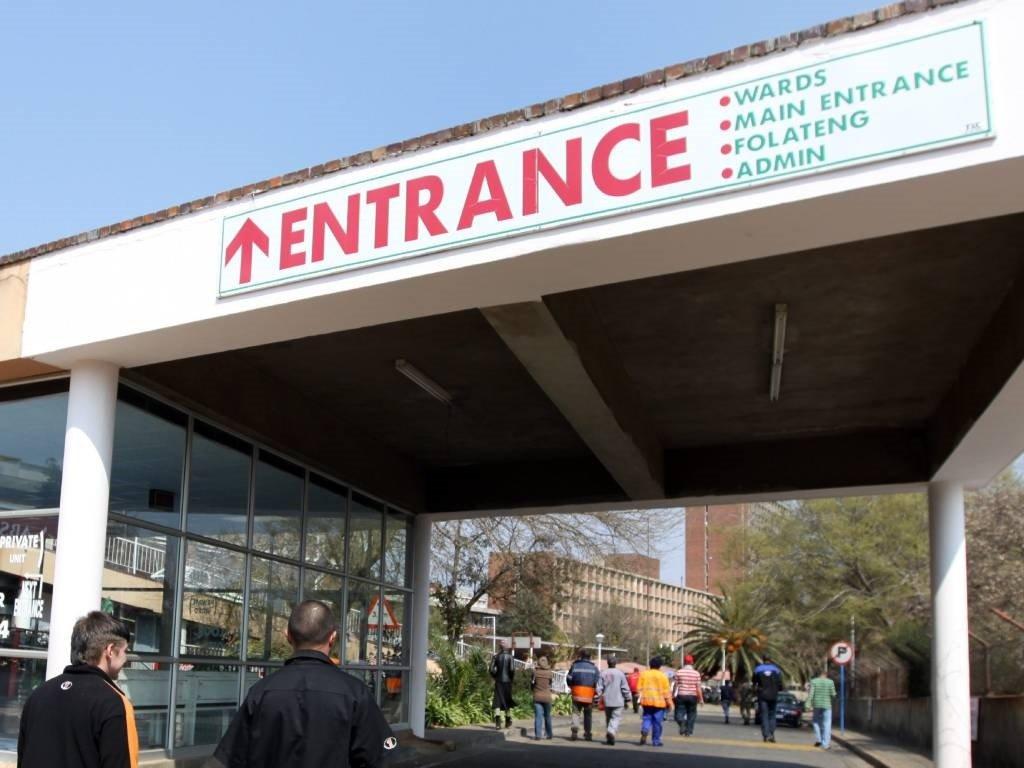Africa-Press – South-Africa. The South African Nursing Council (SANC) denied allegations that it prevented private hospitals from training nurses to address personnel issues.
The council was responding to backlash it received during a two-day Hospital Association of South Africa (HASA) conference last week, which members of the health industry attended.
SANC spokesperson Sizeni Mchunu said the allegation that they restricted private hospitals from training nurses “was factually incorrect, untrue and irresponsible”.
Scores of nurses ready to leave for jobs abroad
She said the cap on the number of students allowed at National Eye Institution (NEI) clinical facilities was to ensure proper and quality education.
Mchunu said intake was determined by bed occupancy, resources such as the number of classrooms and training equipment, and the student ratio, among others.
She added: “The SANC cannot act irresponsibly by having more students than patients in the clinical facilities, thus compromising the quality of clinical learning as well as the safety of patients.”
The organisation also received criticism for restrictions on the number of training places private hospitals offered. This, the conference heard, undermined a HASA proposal tabled at the Presidential Jobs Summit in 2018 that the private sector needs 50 000 nurses to help tackle the country’s critical shortage of healthcare professionals.
Mchunu said: “Such a statement was gravely opportunistic and condescending, considering that each application for the programmer accreditations is evaluated on its merit and strength.”
She hit back at Netcare nursing education executive Toy Vermaak’s statement that the SANC slashed the hospital’s annual intake without reason a few years ago.
“Vermaak intentionally leaves out critical information that she is well aware of relating to the changes in the nursing education and training as informed by overall changes in the higher education landscape. Ms Vermaak is also aware of the rationale and reasons for such determinations,” she said.
Netcare group director human resources and transformation Nceba Ndzwayiba told News24 that Vermaak was nominated by the HASA nursing sub-board committee to speak on their behalf at the conference.
Ndzwayiba added:
He said Netcare shared the same views as HASA that there was an opportunity for private and public health resources to help build nursing skills at the rate required to fulfill the country’s demand.
Ndzwayiba said:
HASA spokesperson Mark Peach told News24 that the private sector had the capacity to train more nurses without compromising quality and added that it was not being used fully.
“The reduced private sector intake of trainee nurse numbers over the last few years because of training reforms, institutional and programme accreditations, and moratoria on nurse education and training, has exacerbated an existing nurse skills shortage,” Peach said.
He said if the SANC removed trainee nurse quotas, the “sector can help alleviate the pressure on nurse numbers that is reflected in the amended critical skills list”.
Solutions
According to Africa Health 2022 conference organiser Cynthia Makarutse, South Africa has a serious problem when it comes to the training and retention of healthcare workers.
Since 2017, there has been a 61% increase in medical graduates starting public hospital internships.
She said:
Unfortunately, Makarutse added, provincial health department budgets have not kept pace with the number of newly trained healthcare workers, and public facilities find themselves unable to absorb the new doctors.
Makarutse listed the under-resourced public sector, inadequate training programmes, and the backlog in accreditation for training institutions, which date as far back as 2015, as some of the hurdles aspiring doctors and nurses face in South Africa.
She said there was an urgent need to increase the training capacity for nurses.
Makarutse said policymakers should also act to address systemic fault lines and structural barriers.
This will ensure that all the already trained, currently unemployed healthcare workers are employed, Makarutse said.
For More News And Analysis About South-Africa Follow Africa-Press






